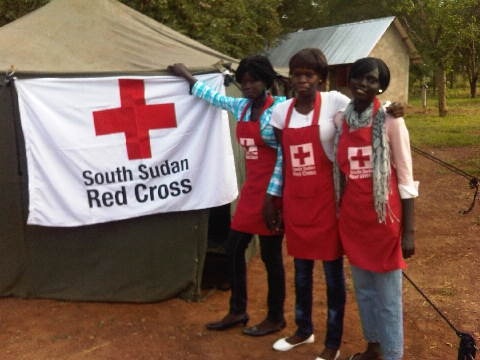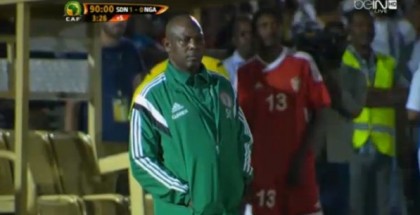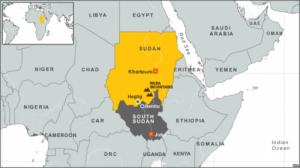Sudanese Government Suspends Red Cross Aid Activities
KHARTOUM, Sudan — The Sudanese government has ordered the International Committee of the Red Cross, which helps well over a million people in conflict areas in Sudan, to suspend its operations in the country, the organization said Sunday.
“We remain committed to the people of Sudan,” Jean-Christophe Sandoz, head of the group’s delegation in Sudan, said in a statement. “It is therefore our hope that there will soon be an agreement with the authorities allowing a resumption of our work to help those in need.”
According to the state-run Sudanese News Agency, the government determined that the group had not fulfilled the conditions for aid efforts.
“The I.C.R.C. has not met the state’s guidelines for humanitarian work, which has made us suspend its work until we reach an understanding,” Suleiman Abdelrahman, an official with the government’s aid commission, told the news agency.
In an interview, a representative of the Red Cross declined to elaborate on the source of the problem, but the group said it was in talks with Sudanese officials to resolve the matter.
The Sudanese government has long had confrontations with foreign aid groups operating on its soil. In 2012, Sudan expelled four aid agencies working in impoverished eastern Sudan, and the access of such groups to the conflict zones of South Kordofan State and Blue Nile State, where fighting erupted in 2011, has been restricted.
In 2009, Sudan expelled 13 Western aid organizations working in Darfur, shortly after the International Criminal Court issued an arrest warrant for President Omar Hassan al-Bashir, accusing him of committing mass atrocities there.
The Red Cross has been working in Sudan since 1978, with 700 workers currently in the country. In 2013, the work of the Red Cross in Sudan benefited more than 1.5 million people living in conflict zones, including Darfur, according to the group.
Source – New York Times














